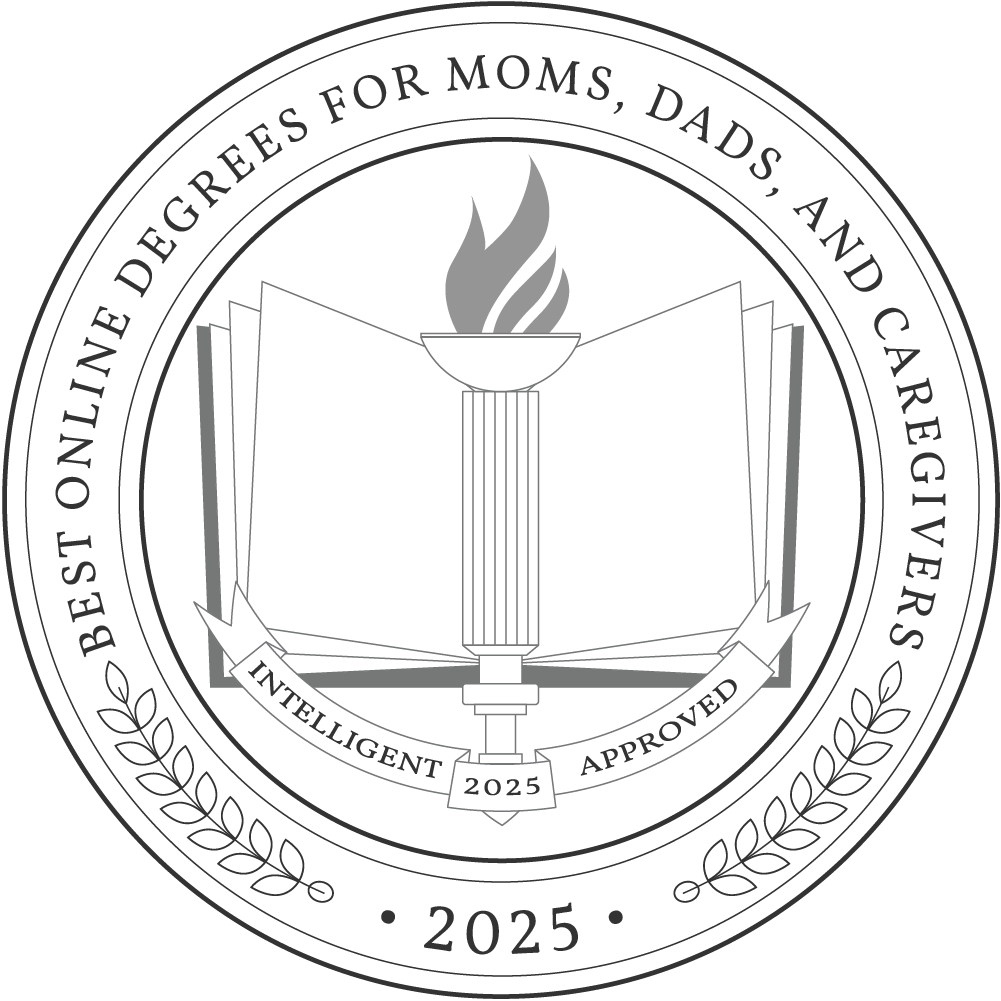Taking care of children, elderly parents, or other family members is a big responsibility, but that doesn’t mean individuals in caregiving roles should miss out on educational opportunities. Online degree programs make higher education accessible to these types of students thanks to their flexibility and affordability.
Read on for more information about why earning a degree is important for parents and caregivers and the benefits and challenges of online degree programs. Blanca Villagomez, a program counselor, and coordinator at UC Irvine, also offers tips for navigating the research and application process as a parent or caregiver.
Why Trust Us
The Intelligent.com Higher Education Team is dedicated to providing students with independent, equitable school and program rankings and well-researched resources. Our expert-driven articles cover topics related to online colleges and programs, paying for school, and career outlooks. We use data from the U.S. Department of Education’s College Scorecard, the National Center for Education Statistics, and other reputable educational and professional organizations. Our academic advisory team reviews content and verifies accuracy throughout the year for the most current information. Partnerships do not influence rankings or editorial decisions.
- Analyzed over 2,000 national, accredited, and nonprofit colleges and universities
- 800+ rankings pages are reviewed and updated yearly
- Content is informed by reputable sources, surveys, and interviews with academic advisors and other experts
- Over 100 data points are reviewed for accuracy and quality throughout the year, including sources
How we rank schools
Our list features the best online degrees for Moms, Dads, and Caregivers at top colleges nationwide. Each school featured is a nonprofit, accredited institution — either public or private — with a high standard of academic quality for post-secondary institutions.
We evaluated each school’s program on tuition costs, admission, retention and graduation rates, faculty, reputation, and the student resources provided for online students. We collected data from trusted sources like the National Center for Education Statistics, individual school and program websites, school admissions counselors, and other data sources. Then, we calculated the Intelligent Score on a scale of 0 to 100 based on the following criterion:
Academic Quality:
- Admission rate versus enrollment rate
- Retention rate of students who return after year one
- Accreditation status (regional and programmatic)
- Nonprofit status, both private and public institutions
Graduation Rate
- Overall graduation rate
- Total number of currently enrolled students, including diversity metrics
- Student-to-faculty ratio
Cost and ROI
- In-state and out-of-state per-credit tuition rates and fees
- Required credits to graduate
- Earning potential after graduation
- Availability of federal student loans, scholarships, and other financial aid options
Student Resources
- Available student services for online-only and hybrid programs
- On-campus amenities like tutoring centers and the number of libraries
Read more about our ranking methodology.
Best 18 Online Degrees for Moms, Dads, and Caregivers
FiltersInstitution Type
Status
- Intelligent Score
- Alphabetically By University Name
- Acceptance Rate
- Enrollment
- In-state Graduate Tuition
- Out-of-state Graduate Tuition
- In-state Undergraduate Tuition
- Out-of-state Undergraduate Tuition
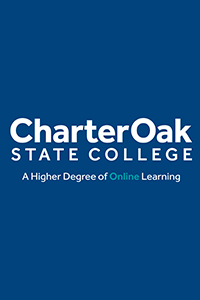
Charter Oak State College
Intelligent Score: 98.51In-state: $22,558
Out-of-state: $25,100
In-state: $17,457
Out-of-state: $17,457
SAT: Not Required
ACT: Not Required
Undergraduate: $329 Graduate: $529
Online
New England Commission of Higher Education
Certificate: 9-33 Associate: 60-61 Undergraduate: 120 Graduate: 30-33
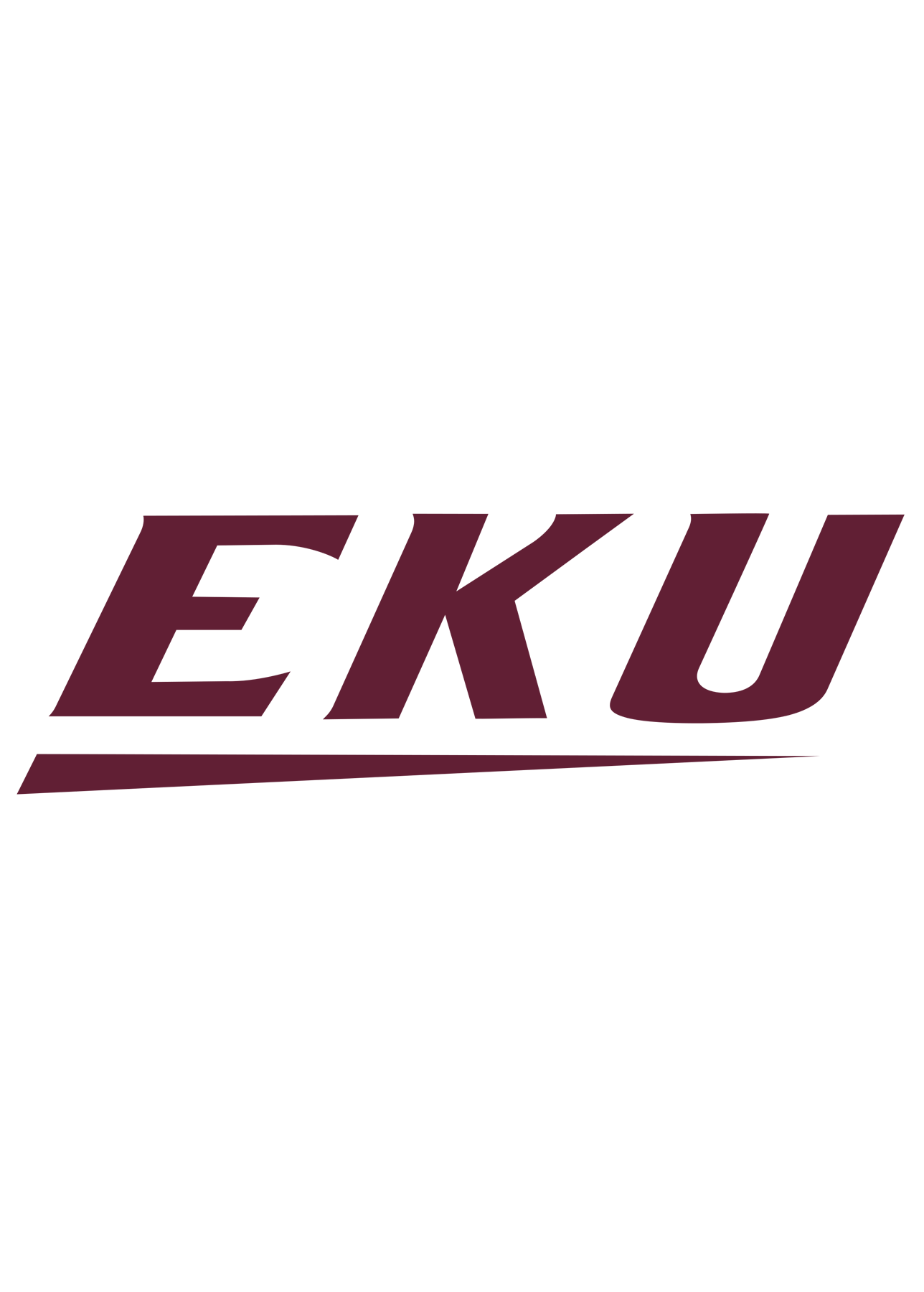
Eastern Kentucky University
Intelligent Score: 97.5In-state: $9,266
Out-of-state: $19,338
In-state: $9,900
Out-of-state: $9,900
SAT: 950-1170
ACT: 19-25
Certificate: $443 - $703Associate: $443Undergraduate: $443 - $489Graduate: $530 - $716
Online
Southern Association of Colleges and Schools Commission on Colleges
Certificate: 12-39 Associate: 60-64 Undergraduate: 120 Graduate: 30-60

Excelsior University
Intelligent Score: 97.38In-state: $26,790
Out-of-state: $26,790
In-state: $17,550
Out-of-state: $17,550
SAT: 1210
ACT: 27
Associate: $550Undergraduate: $510 - $550Graduate: $715 - $755
Online
Middle States Commission on Higher Education
Certificate: 9-15 Associate: 60-66 Undergraduate: 120-124 Graduate: 30-38
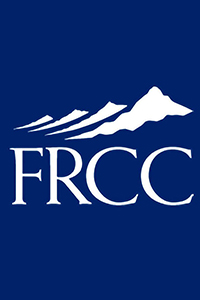
Front Range Community College
Intelligent Score: 94.52In-state: $24,333
Out-of-state: $35,983
In-state: NA
Out-of-state: NA
SAT: 1030–1270
ACT: 25
Undergraduate Resident: $394 - $473
Non-Resident: $424 - $504
Online
Higher Learning Commission
Certificate: 9-24 Associate: 60-64 Undergraduate: 120

Thomas Edison State University
Intelligent Score: 93.34In-state: $14,742
Out-of-state: $16,926
In-state: $22,623
Out-of-state: $22,623
SAT: Not Required
ACT: Not Required
Undergraduate In-State: $311 - $427
Out-of-State: $311 - $556 Graduate: $675 - $932
Online
Middle States Commission on Higher Education
Certificate: 9-18 Associate: 60 Undergraduate: 120 Graduate: 30-48

Metropolitan Community College
Intelligent Score: 92.92In-state: $23,208
Out-of-state: $25,248
In-state: NA
Out-of-state: NA
SAT: N/A
ACT: 18-36
AssociateResident: $68
Non-Resident: $102
Online
Higher Learning Commission
Certificate: 9-36 Associate: 60-64
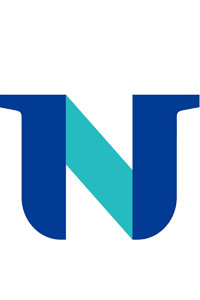
National University
Intelligent Score: 92.81In-state: $13,320
Out-of-state: $13,320
In-state: $15,480
Out-of-state: $15,480
SAT: N/A
ACT: N/A
Certificate: $370 - $1,148Associate: $370Undergraduate: $348 - $370Graduate: $442 - $1,241
Online
Western Association of Schools and Colleges Senior College and University Commission
Certificate: 8-24 Associate: 60 Undergraduate: 120 Graduate: 30-48
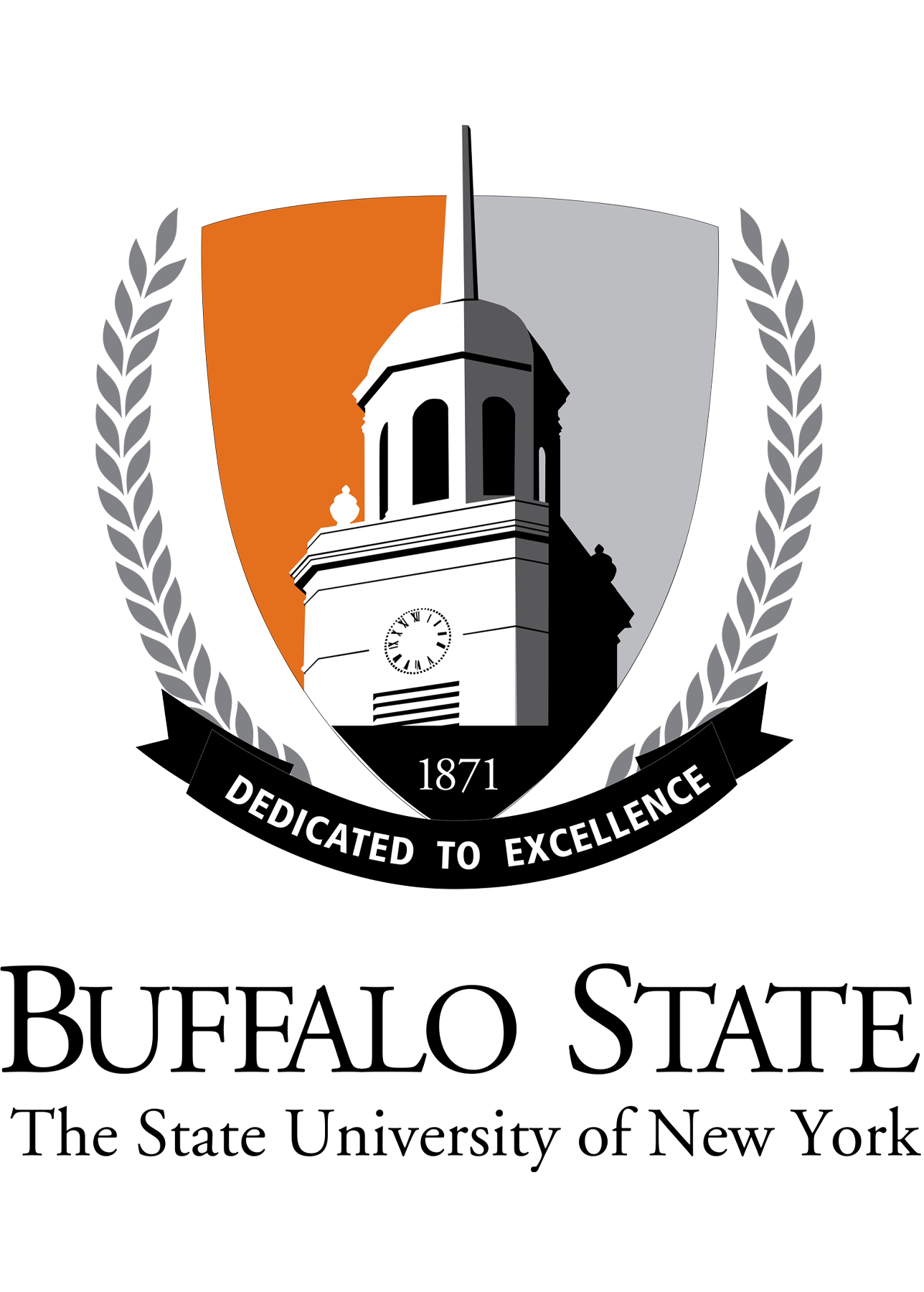
SUNY Broome Community College
Intelligent Score: 92.09In-state: $7,070
Out-of-state: $16,980
In-state: $11,310
Out-of-state: $11,310
SAT: 860-1060
ACT: N/A
AssociateResident: $236
Non-Resident: $472
Online
Middle States Commission on Higher Education
Certificate: 24-33 Associate: 60-64

Pierce College
Intelligent Score: 90.98In-state: $34,637
Out-of-state: $43,971
In-state: NA
Out-of-state: NA
SAT: Not Required
ACT: Not Required
Certificate: $330 - $772Associate: $600Undergraduate: $600Graduate: $330 - $772
Online
Middle States Commission on Higher Education
Certificate: 12-31 Associate: 60-61 Undergraduate: 121 Graduate: 30-42

Texas Woman’s University
Intelligent Score: 87.28In-state: $94
Out-of-state: $77
In-state: $48
Out-of-state: $48
SAT: Considered (not required)
ACT: Required
Undergraduate Resident: $238 - $268
Non-Resident: $648 Graduate Resident: $323
Non-Resident: $733
Online. Hybrid
Southern Association of Colleges and Schools Commission on Colleges
Certificate: 12-27 Undergraduate: 120 Graduate: 30-75
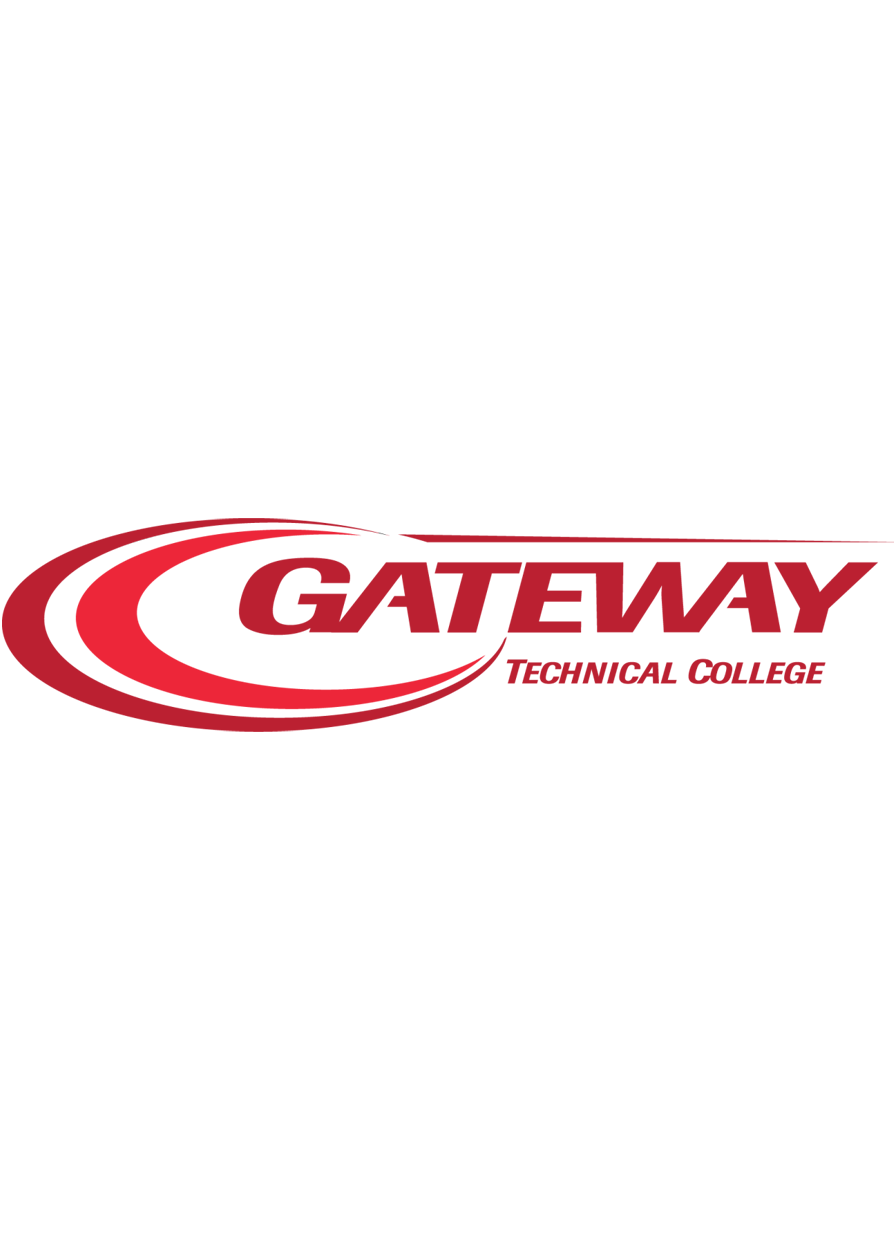
Gateway Technical College
Intelligent Score: 85.73In-state: $19,101
Out-of-state: $21,252
In-state: NA
Out-of-state: NA
SAT: N/A
ACT: N/A
DiplomaIn-State: $149
Out-of-State: $224AssociateIn-State: $189
Out-of-State: $283
Online
Higher Learning Commission
Diploma: 29-32Associate: 60-64

Davenport University
Intelligent Score: 85.3In-state: $19,320
Out-of-state: $19,320
In-state: $15,696
Out-of-state: $15,696
SAT: N/A
ACT: N/A
Undergraduate Resident: $974
Non-Resident: $658 Graduate: $1,056
Online
Higher Learning Commission
Certificate: 18-33 Associate: 60-69 Undergraduate: 120 Graduate: 30-60
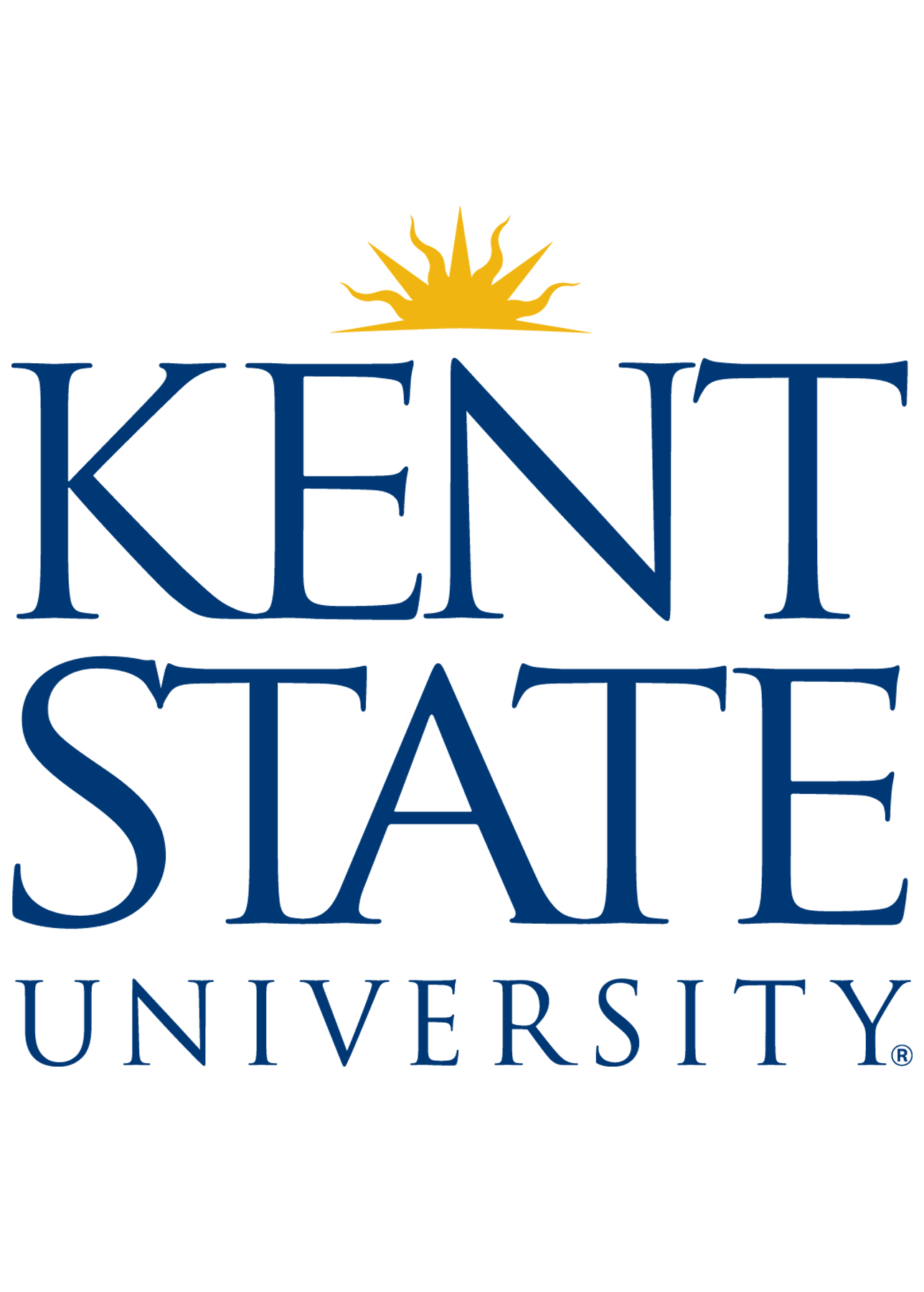
Kent State University
Intelligent Score: 85.24In-state: $10,810
Out-of-state: $19,686
In-state: $11,766
Out-of-state: $11,766
SAT: 1020-1210
ACT: 20-26
Certificate Resident: $335 - $860
Non-Resident: $393 - $870 Associate Resident: $335 - $393
Non-Resident: $345 - $403 Undergraduate Resident: $335 - $593
Non-Resident: $345 - $603 Graduate Resident: $595 $860
Non-Resident: $605 - $870
Online
Higher Learning Commission
Certificate: 8-32 Associate: 60-63 Undergraduate: 120 Graduate: 30-72
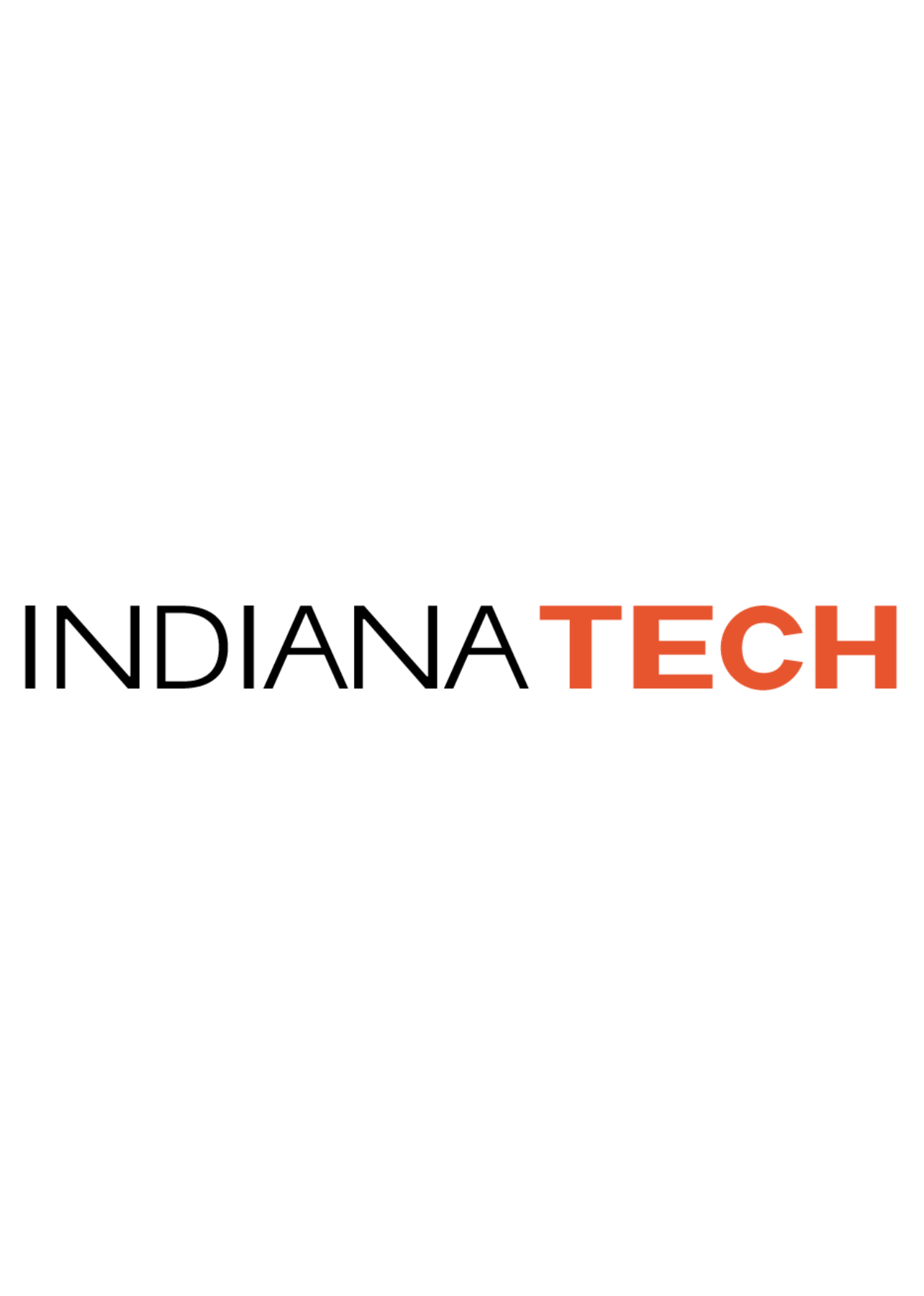
Indiana Tech
Intelligent Score: 83.56In-state: $27,530
Out-of-state: $27,530
In-state: $10,026
Out-of-state: $10,026
SAT: N/A
ACT: N/A
Undergraduate: $399 - $426Graduate: $545 - $590
Online
Higher Learning Commission
Certificate: 12-27 Associate: 60-61 Undergraduate: 120-127 Graduate: 30-66

University of Louisville
Intelligent Score: 83.44In-state: $11,966
Out-of-state: $28,312
In-state: $13,260
Out-of-state: $13,260
SAT: 1050-1270
ACT: 21-28
Certificate: $540 - $800Undergraduate: $375 - $540Graduate: $517 - $830
Online
Southern Association of Colleges and Schools Commission on Colleges
Certificate: 9-18 Undergraduate: 121 Graduate: 30-60

Liberty University
Intelligent Score: 83.07In-state: $14,791
Out-of-state: $14,791
In-state: $7,935
Out-of-state: $7,935
SAT: 1040-1250
ACT: 21-29
Undergraduate: $390 Graduate: $565 - $595
Online
Southern Association of Colleges and Schools Commission on Colleges
Certificate: 9-21 Associate: 60 Undergraduate: 120 Graduate: 30-60
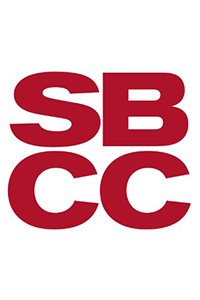
Santa Barbara City College
Intelligent Score: 82.7In-state: $25,030
Out-of-state: $33,118
In-state: NA
Out-of-state: NA
SAT: 550 or higher
ACT: 22 or higher
AssociateResident: $46
Non-Resident: $361
Online
Accrediting Commission for Community and Junior Colleges
Certificate: 9-44 Associate: 60

Oklahoma City Community College
Intelligent Score: 82.61In-state: $17,699
Out-of-state: $23,450
In-state: NA
Out-of-state: NA
SAT: Not Required
ACT: Not Required
AssociateResident: $101
Non-Resident: $292
Online
Higher Learning Commission
Certificate: 16 Associate: 61-63
What to Consider When Researching Online Degree Programs
For parents and caregivers pursuing online degrees, the most important thing is to find programs that support their unique needs while also providing high-quality education. To that end, there are several key things Villagomez says students should consider.
Assess your needs
First, figure out what type of program best suits your needs. If convenience is essential, as it often is for parents and caregivers, look for an asynchronous degree program. Because these types of programs don’t have regularly scheduled classes, they offer the most flexibility for students with busy schedules.
However, if you need more accountability and learn better through interaction, consider a synchronous or hybrid program. These programs combine the accessibility of virtual learning with the familiarity of a traditional interactive learning experience.
You should also consider your support needs and look for programs that offer support services for students who are parents or caregivers.
Determine your educational and career goals
“Think about what type of degree you want, what career you desire, and what skills you need to build,” Villagomez says.
Given that so many degrees are now available online, it’s likely you’ll have many options to choose from, so focus on those offered by fully accredited, reputable institutions. Having clarity on your educational and career goals will also help when evaluating a program’s faculty, networking and career development opportunities, and curriculum.
Compare detailed costs of online degree programs
Raising children costs money, and attending school is an additional financial pressure. Beyond tuition, other school-related costs, such as technical support fees, reliable hardware, internet access, and childcare, can add up. As part of your research process, Villagomez recommends carefully comparing the full price tag of various programs before choosing one and looking for online programs that offer financial aid opportunities, such as scholarships for parenting students.
Why Moms, Dads, and Caregivers Should Earn an Online Degree
While all prospective students have their own individual motivations for wanting to earn a degree, here are a few ways an online degree can be beneficial to parents and caregivers.
Increase earning potential
“The peace of mind that comes with being able to provide for your children is priceless,” says Villagomez. Considering that experts estimate raising a child in the U.S. costs roughly $310,605, increasing earning potential is a necessity for parents. According to the U.S. Bureau of Labor Statistics, individuals with a bachelor’s degree earn $30,888 more annually than those with a high school diploma. Those with a master’s degree earn $43,576 more annually. Many of today’s highest-paying occupations require a college degree, including computer and information systems managers, financial managers, and nurse practitioners.
Create new career opportunities
Becoming a parent or caregiver can give clarity to career goals and priorities. A 2022 survey of working parents in the U.K. found that, following the birth of their kids, 33% of women changed careers, and 30% enrolled in education courses. Whether you want to advance in your current field or pivot to a new career, earning an online degree can help you get the knowledge and professional connections you need to create new career opportunities.
Demonstrate importance of education
The National Center for Education Statistics (NCES) reports that children of college-educated parents are more likely to attend and complete college themselves compared to first-generation students. By earning an online degree, “You can be living proof that with hard work, dedication, and persistence, you can accomplish your goals,” Villagomez says. “As a result, you can share the value of education with your children and help them feel empowered in their own educational pursuits.” Kids also benefit from their parents’ experiences navigating the higher education system, which can be helpful when it’s their turn to submit college applications and apply for financial aid.
Invest in yourself
Being a parent or caregiver can profoundly affect an individual’s identity in both positive and negative ways. Taking time to focus on your education can be a way to connect with your personal passions and goals and maintain a separate identity outside of your caregiving responsibilities. Additionally, once your caregiving obligations change, having a degree will better position you for different career opportunities. Research also shows that attending college offers multiple personal benefits, including increased happiness, better health, and longer life.
How Online Degrees Benefit Moms, Dads, and Caregivers
Many aspects of online degrees make them particularly well-suited to students who have caregiving responsibilities for children or adults.
Flexibility
Traditional in-person programs require students to be in a specific location at a specific time to learn, which may be difficult or impossible for people juggling caregiving responsibilities. Online learning offers students a lot more flexibility, including virtual classes that students can log into from anywhere and asynchronous courses that allow students to learn on their own schedule. These types of programs also offer more part-time enrollment options, which can benefit students with limited time to devote to their studies.
Student support
“A student’s support system is a key factor in their success,” Villagomez says. “Feeling connected to others can be a great source of motivation and can give you the confidence to pursue your goals and overcome challenges.” While the exact types of services available varies by school, many colleges offer support specifically for parents and caregivers. This can include affinity groups for student parents and caregivers, specialized scholarships, and referrals for childcare services. Villagomez recommends contacting a school’s admissions or student life office directly to inquire about the support services they offer to moms, dads, and other caregivers.
Faster completion time
If time is of the essence in completing your degree, an online program can be an ideal choice. Many schools offer accelerated online degree programs. These programs may allow students who previously attended college to transfer in a maximum number of credits, decreasing the time it’ll take to complete their degree. Other accelerated programs include all the credits a student needs to graduate but compress courses into a shorter time frame, allowing for faster completion.
Challenges Moms, Dads, and Caregivers Face in Online Degree Programs
School and work-life balance
Even for parents and caregivers who aren’t students, finding enough hours in the day to fulfill all responsibilities can be difficult. Adding in classes and study time requires honest conversations with yourself and others to make it all work.
“Whether it’s scheduling drop-offs or pick-ups, cooking dinner, or studying full-time, you’ll need to build a system that allows you to manage your time effectively,” Villagomez says. “I encourage you to have an honest conversation with your family about the changes ahead and how setting healthy boundaries can help you.”
That also means setting boundaries with yourself. To avoid burnout and fatigue, “reflect on what aspects of your wellness are a priority and commit to taking care of yourself, even if it’s in small ways,” Villagomez says.
Distractions
One benefit of in-person learning that online students may lack is a dedicated, distraction-free space. As a parent or caregiver, you may be accustomed to attending to the needs of others, but when you’re in student mode, you need to be able to put yourself first. It’s essential to set boundaries with your household and arrange for others to help with caregiving responsibilities so you can focus on schoolwork.
You may also need to adapt how you use your time to create a distraction-free environment. “One parenting student I worked with would take advantage of nap time to complete her assignments,” Villagomez says. “Another would study after 10 pm once his kids were put to bed.”
Finances
“There’s no denying that a college education is expensive,” Villagomez says. Students who are parents or caregivers have the added stress of balancing the cost of school with their family’s basic needs and living expenses. The effects of financial anxiety can be seen in a variety of ways, from keeping you away from your schoolwork to forcing you to withdraw from your program entirely.
To help ease these financial pressures, Villagomez recommends seeking out programs that offer financial support, as well as applying for external scholarships and aid. “Find out if your college has resources that can help you offload some childcare expenses or referrals to state programs that reduce groceries, diapers, and other crucial items off your shopping list,” she says.
Applying to an Online Degree Program as a Mom, Dad, or Caregiver
In general, applying to an online degree program is the same whether you’re a parent, a caregiver, or a traditional student. Each institution sets its own requirements and procedures for admissions, so students should consult with an admissions counselor to ensure they understand the process at any schools they’re considering.
Students should select the area of study or type of program they seek, research schools and programs based on that selection, prepare and submit their applications according to the schools’ admissions procedures, and determine how they’ll pay for their degree.
However, there are a few things parents and caregivers can keep in mind when applying for an online degree program.
First, student parents and caregivers should evaluate schools based on the support they offer students in their circumstances and more general factors like program quality, faculty, and cost. Support can come from financial resources, childcare referrals or discounts, affinity groups, and more.
Students who have already completed some credits towards a college degree should also evaluate potential programs based on their transfer credit policies. Transferring previously earned credits to a new degree program can significantly lower a student’s cost and time commitment, a key consideration for many student parents and caregivers.
When it comes to paying for their online degree, moms, dads, and caregivers should consider all the traditional funding avenues, including student loans, employer tuition benefits, scholarships, and grants. However, they can seek out aid that is designated specifically for student parents or caregivers. For example, the scholarship database FastWeb allows students to search for scholarships with filters like “single parents” and “non-traditional, adult, and returning students.”
Learn More About Online Degrees
- What Are The Highest Paying Online Degrees?
- Are Online Degrees The Same As Traditional Degrees?
- Is Online College Cheaper?
- Do Employers Accept Online Degrees?
- Can I Finish My Bachelor’s Degree Online?
- How Much Does an Online Bachelor’s Degree Cost?
- Can I Get My Master’s Degree Online?
- How Much Does an Online Master’s Degree Cost?
- Surviving College Closures: Selecting a Financially Sound School and Managing Closure While Enrolled
